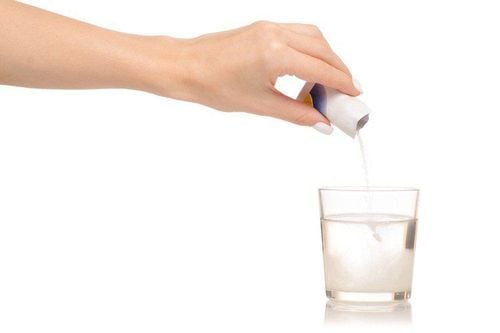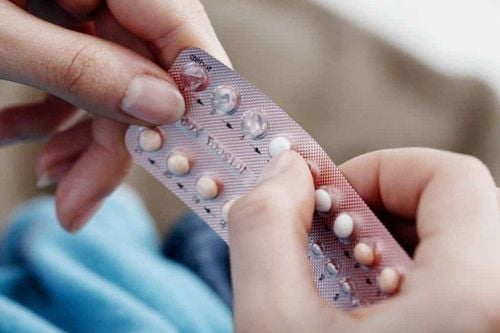This article is professionally consulted by MSc, Dr. Lê Thị Minh Hương - Emergency Resuscitation Doctor - Intensive Care Unit - Vinmec Nha Trang International General Hospital.
Oresol is a familiar medication commonly prescribed to treat dehydration caused by diarrhea in both adults and children. Oresol is used to replace lost fluids and electrolytes in specific cases such as acute diarrhea, high fever, vomiting, dengue fever of grades 1, 2, and 3, or situations involving athletes, sports enthusiasts, and people working in hot environments,...
1. Dosage of oresol
1.1 For adults
To prevent dehydration due to diarrhea, you can use 10 ml/kg of body weight after each episole of loose stool.
For mild or moderate rehydration, you can use 75ml/kg within the first 4 hours. After that, the following scenarios may occur:
- No signs of dehydration and switch to preventive doses.
- Signs of dehydration: Continue repeating the above dose.
- Signs of severe dehydration: Go to the nearest hospital or medical facility for timely treatment with intravenous fluids.
Preventive dose for non-diarrhea-related dehydration; you can drink small sips of oresol as needed.
1.2 For children
- Infants: Administer 50ml per dose, 2-3 times a day.
- Children aged 2-6: Administer 100ml per dose, 2-3 times a day.
- Children aged 6-12: Administer 150ml per dose, 2-3 times a day.
2. Usage of oresol
- Read the instructions carefully and mix the Oresol packet with the exact amount of water specified just before use. Once mixed, it should be consumed within 24 hours and not used after that.
- Use cool, boiled water to mix the Oresol solution. Do not use mineral water, as the electrolytes in it can alter the electrolyte balance of the solution. Also, do not boil the solution after mixing. Shake well to dissolve completely before drinking. For best results, follow your doctor's instructions when using Oresol.

3. Precautions when using oresol
Contraindications for oresol you should be aware of, including:
- Patients with acute kidney failure or liver cirrhosis;
- Individuals with glucose intolerance;
- People with intestinal obstruction;
- Individuals with bowel perforation;
- People with intestinal paralysis;
- Anuria or oliguria;
- Severe dehydration with shock symptoms;
- Hypersensitivity to any component of the medication.
Additionally, keep in mind the following precautions when using Oresol:
- Do not mix the solution too concentrated or consume too much, as it may lead to water overload and electrolyte imbalances in the body.
- When giving Oresol to infants and young children, strictly follow the dosage instructions provided by a doctor.
- Do not mix Oresol with soft drinks, alcohol, or beer, as this can disrupt the electrolyte balance in the medication.
4. Side effects when using oresol

When Oresol is not mixed correctly with the wrong volume of water or incorrect dosage, you may encounter unwanted side effects, such as:
- Mild coma is relatively common.
- Overhydration leading to increased blood sodium levels, which is rare.
- Heart failure due to excessive rehydration, which is also rare.
If you overdose on Oresol, the high salt content in the body can cause typical symptoms, including:
- Seizures and muscle spasms;
- Faster than normal heartbeat;
- Dizziness;
- High blood pressure;
- Irritability, fatigue, and restlessness;
- Swelling of the feet or lower legs.
Immediately inform your doctor or pharmacist to receive timely and effective consultation and management of side effects. You need to be cautious when using Oresol, although not everyone will experience the side effects mentioned above.
5. What should be done in case of oresol overdose?
An overdose of Oresol can lead to symptoms of hypernatremia such as dizziness, fast heartbeat, high blood pressure, etc., due to mixing the solution too concentrated. Symptoms of water overload can include heavy eyelid swelling, general body swelling, and heart failure. Immediate treatment is needed through the following steps:
- Administer a slow intravenous infusion of a hypotonic solution and encourage the patient to drink water to treat hypernatremia.
- To treat overhydration, discontinue drinking rehydration and electrolyte solutions. Use diuretics if necessary.
To arrange an appointment, please call HOTLINE or make your reservation directly HERE. You may also download the MyVinmec app to schedule appointments faster and manage your reservations more conveniently.














